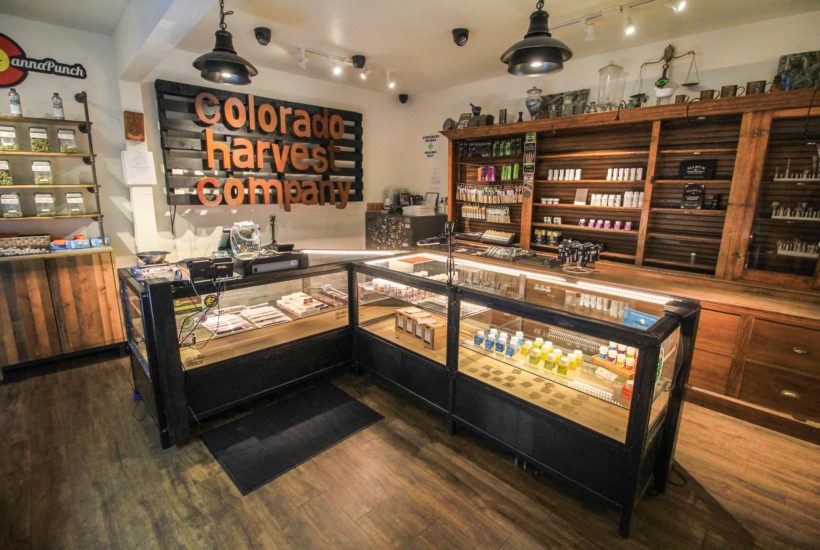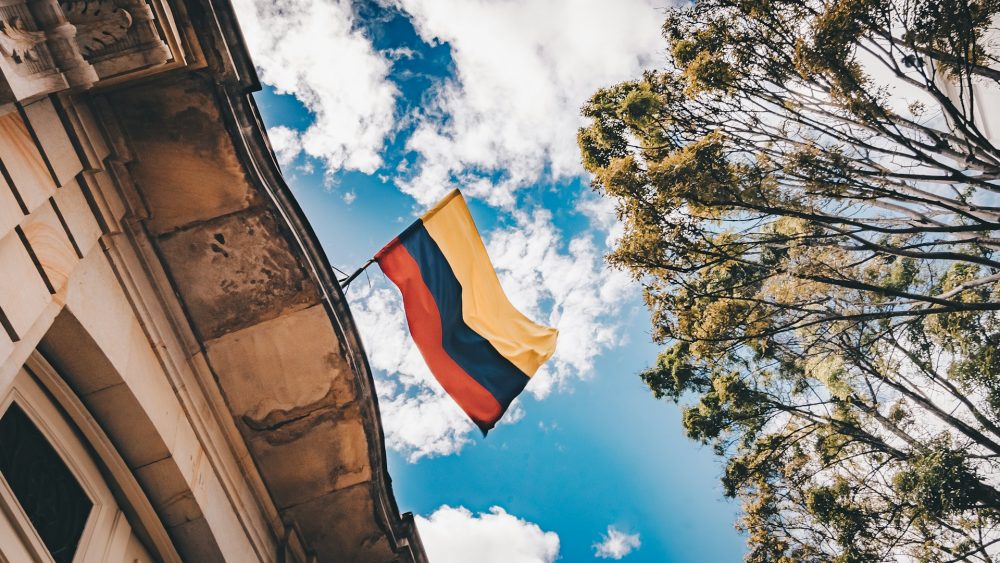Cannabis
Global cannabis sales expected to increase by 38% to $20 billion by the end of 2020
A research conducted by the company BDSA showed that $19.7 billion (€16.9 billion) in legal cannabis products will be sold this year. The Canadian market is growing by 26% annually and will account for $6.1 billion by 2025. The rest of the world will still account for $6.5 billion in 2025 (currently only $700 million), divided into Latin America (+60%), Europe (+42%) and others (+34%)

Although almost the entire world has been sighing under the COVID-19 pandemic since the beginning of March, things are going better than ever in the cannabis industry.
According to a report by the well-known research agency BDSA, global cannabis sales will amount to $19.7 billion (€16.9 billion) this year. That is an increase of no less than 38 percent compared to the previous virus-free year 2019.
Read more about the growing cannabis market and find the most important cannabis news in the world with the Hemp.im mobile app.
Cannabis sales are $4.9 billion more than in 2019
The positive figures for the legal cannabis industry can be found in the most recent market forecast by BDSA, formerly BDS Analytics. This American agency specializes in ‘cannabis market intelligence and consumer research’.
In the year so dominated by the new coronavirus, almost $20 billion worth of cannabis products are sold, and that concerns only the legal sale of medical and recreational cannabis. Last year, a total of $14.8 billion (€12.6 billion) of cannabis products went over the counters of dispensaries and pharmacies.
Furthermore, in the near future, too, the legal cannabis industry looks bright: BDSA predicted that the cannabis market will account for a turnover of $47.2 billion in 2025. That means an annual growth of 22 percent.
The impact of COVID-19 on cannabis sales is very limited
Roy Bingham, co-founder and executive chairman of BDSA, is delighted that the impact of the COVID-19 pandemic has remained very limited for the cannabis industry. Compared to their earlier forecast this year, sales have only been revised downwards by 1%.
“Sales in many U.S. states did better than expected, resulting in positive adjustments for Colorado, Illinois, Michigan, New Mexico, Oklahoma and Oregon. Sales in Nevada (with Las Vegas as metropolis, ed.) fell dramatically and struggled to recover. Nevada’s dependence on tourism and problems with home delivery of recreational cannabis were largely responsible for this.”
Of course, the federal cannabis ban continues to inhibit the potential growth of cannabis sales, especially since little is now allowed in lucrative outlets such as pharmacies and supermarkets. However, at state level, dispensaries and delivery services are benefiting from this.
For the time being, the US is pulling the cannabis cart
In the world’s largest legal cannabis markets, product prices are falling, but this trend is offset by the “rapid acceptance of cannabis products by new consumers.” Research by BDSA showed that 1 in 3 adults is open to use cannabis, but currently does not consume it regularly.
New products and formulas make the exploration process easier for these “cannabis acceptors,” wrote BDSA. Something that, by the way, creates both opportunities and threats for the existing weed companies. The influence – if not pioneering role – of the US in this should not be underestimated. In 2025, only the American legal cannabis market – which is growing by 18% annually – will account for $34.5 billion out of a total of $47.2 billion worldwide.
The Canadian market is growing by 26% annually and will account for $6.1 billion by 2025. The rest of the world will still account for $6.5 billion in 2025 (currently only $700 million), divided into Latin America (+60%), Europe (+42%) and others (+34%). Mexico, Germany and Great Britain in particular will be the notable growth areas in the coming years.
__
(Featured image by Alex Person via Unsplash)
DISCLAIMER: This article was written by a third party contributor and does not reflect the opinion of Born2Invest, its management, staff or its associates. Please review our disclaimer for more information.
This article may include forward-looking statements. These forward-looking statements generally are identified by the words “believe,” “project,” “estimate,” “become,” “plan,” “will,” and similar expressions. These forward-looking statements involve known and unknown risks as well as uncertainties, including those discussed in the following cautionary statements and elsewhere in this article and on this site. Although the Company may believe that its expectations are based on reasonable assumptions, the actual results that the Company may achieve may differ materially from any forward-looking statements, which reflect the opinions of the management of the Company only as of the date hereof. Additionally, please make sure to read these important disclosures.
First published in CNNBS, a third-party contributor translated and adapted the article from the original. In case of discrepancy, the original will prevail.
Although we made reasonable efforts to provide accurate translations, some parts may be incorrect. Born2Invest assumes no responsibility for errors, omissions or ambiguities in the translations provided on this website. Any person or entity relying on translated content does so at their own risk. Born2Invest is not responsible for losses caused by such reliance on the accuracy or reliability of translated information. If you wish to report an error or inaccuracy in the translation, we encourage you to contact us.

-

 Impact Investing2 weeks ago
Impact Investing2 weeks agoGlobal Gender Gap Progress Slows Amid Persistent Inequality and Emerging Risks
-

 Biotech5 days ago
Biotech5 days agoVytrus Biotech Marks Historic 2024 with Sustainability Milestones and 35% Revenue Growth
-

 Crowdfunding2 weeks ago
Crowdfunding2 weeks agoColombia Approves Terrenta’s Crowdfunding Platform for Real Estate Financing
-

 Africa7 days ago
Africa7 days agoCôte d’Ivoire Unveils Ambitious Plan to Triple Oil Output and Double Gas Production by 2030

























